The Winsome Conviction Academy was launched from a heartfelt concern for the toxic, polarized and unloving communication climate that is permeating our nation and penetrating the body of Christ. We believe that followers of Christ are obliged to communicate with others in loving ways that preserve human dignity, even as we engage in honest and passionate disagreement. We hope to foster conversations within the church and the broader culture that deepen relationships and enrich lives rather than tear us apart.
Through the generosity of private donors and grants from the Templeton Religious Trust and the Arthur Vining Davis Foundation, who all share our passion we are developing resources and providing workshops for churches and organizations who want to deepen convictions without dividing the body of Christ or alienating the watching world.
Our three main activities are:
- Staging conversations that help us care deeply, think clearly, speak graciously, and listen patiently:
- Public forums and events — Demonstrating that civil conversations can happen despite differing convictions.
- Winsome Conviction Workshops — teaching skills for better listening and communication.
- Small groups — for more in-depth bridge building between communities that see things differently.
- Developing resources including the Winsome Conviction podcasts, winsomeconviction.com, and publications (including Winsome Persuasion, Winsome Conviction, I Beg to Differ, and End the Stalemate).
- Providing services — to churches, organizations, and small groups who want to work on developing convictions, and communicating them in a winsome and compelling manner.
Mission Statement
The Winsome Conviction Project is committed to helping foster conversations that deepen — rather than tear apart — relationships, help to heal a fractured church and nation, foster civility and bring biblical compassion to a warring public square.
Vision Statement
Utilizing public conversations, deeply held convictions will meet honest disagreements in a virtuous communication climate in which participants care deeply, think clearly, speak graciously, and listen patiently. Change will only happen when we approach differences at the intellectual and heart levels. We take seriously the Scripture’s admonition that just as a “harsh word stirs up anger” a gentle word has the potential to turn “away wrath” (Prov. 15:1).
Meet the Team
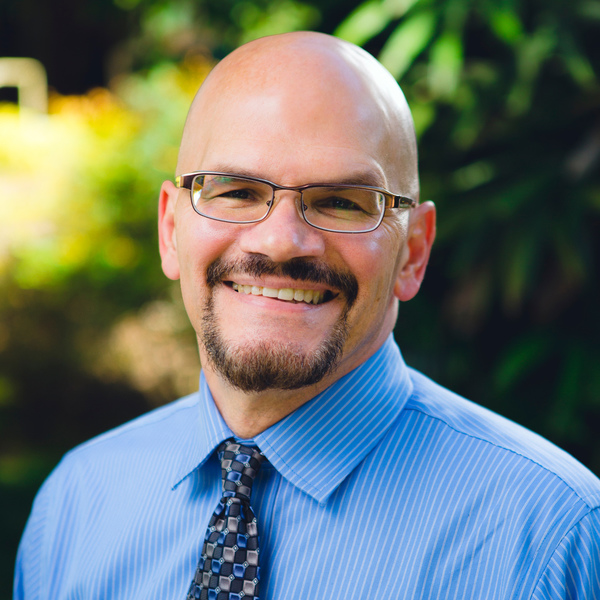
Tim Muehlhoff
Senior Director, Winsome Conviction Academy
Tim Muehlhoff (Ph.D., University of North Carolina at Chapel Hill) is the Senior Director of Biola’s Winsome Conviction Academy that seeks to reintroduce compassion and civility into our disagreements. He’s the co-host of the Winsome Conviction Podcast where people with differing viewpoints are brought on for engaging dialogue.
Tim has written extensively in the area of cultural engagement and conflict including I Beg to Differ, Winsome Persuasion, Winsome Conviction, and his newest book (co-written with Sean McDowell) is End the Stalemate: Move Past Cancel Culture to Meaningful Conversations. For more see Tim’s Biola University information page.
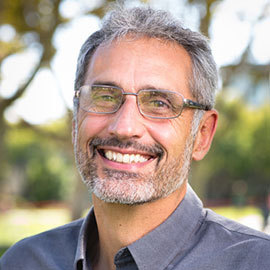
Rick Langer
Associate Director, Winsome Conviction Academy
Rick Langer (Ph.D., University of California, Riverside) for years served as the director of the Office for the Integration of Faith and Learning at Biola University as well as a respected professor in Talbot School of Theology. He has published numerous academic journal articles applying theology to a wide variety of disciplines including business leadership, disability, suffering, bioethics, and vocation. He is an ordained minister with over twenty years of pastoral experience and has served on the board of several Christian organizations. Together, Langer and Muehlhoff have authored two books: Winsome Persuasion, which received a 2018 Christianity Today book award, and Winsome Conviction which received a 2022 Christianity Today book of the year award.

Mike Ahn
Associate Director, Winsome Conviction Academy
In addition to working with the Winsome Conviction Academy Mike serves the Dean of Spiritual Development at Biola University where he oversees the various departments in spiritual development: chapel programs, worship teams, Torrey Conference, student ministries and pastoral care. He is a graduate of Haverford College (B.A., History, ’01) and Talbot School of Theology (M.Div., Spiritual Formation, ’09; Ph.D., Educational Studies, ’22).
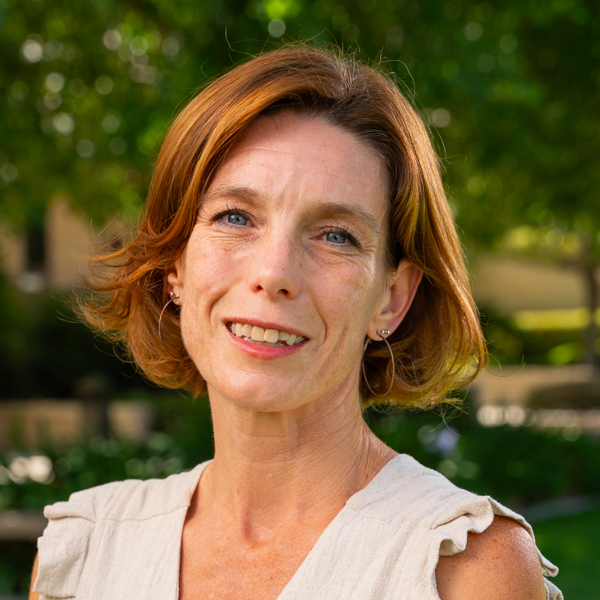
Michelle Van Hook
Senior Administrator, Winsome Conviction Academy
Michelle organizes key aspects of the Winsome Conviction Academy such as the Pomona/Biola dialogues, newsletter, and budget.
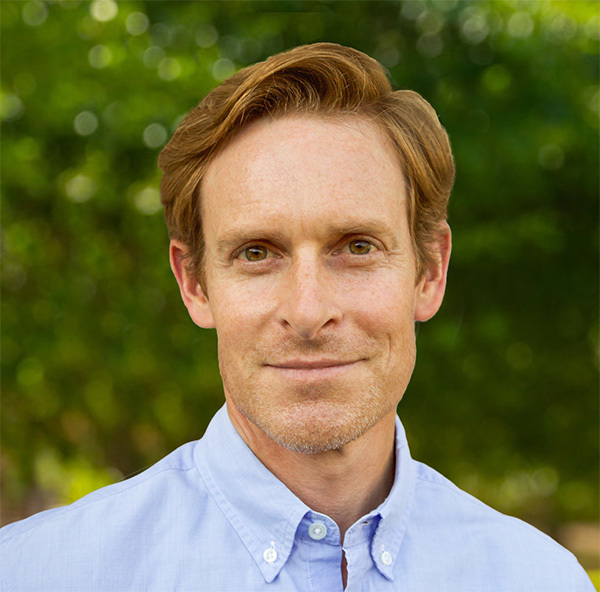
David Turner
Producer, Winsome Conviction Podcast
As our podcast reaches wider audiences, David solicits guests and produces podcasts. David splits his time between the academy and Biola’s Office of Faith and Learning.
Strategic Partnerships
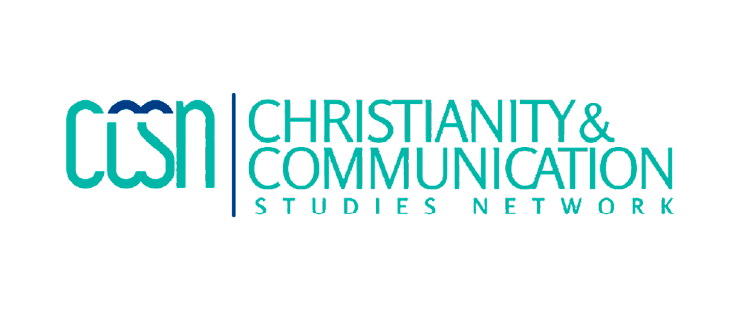

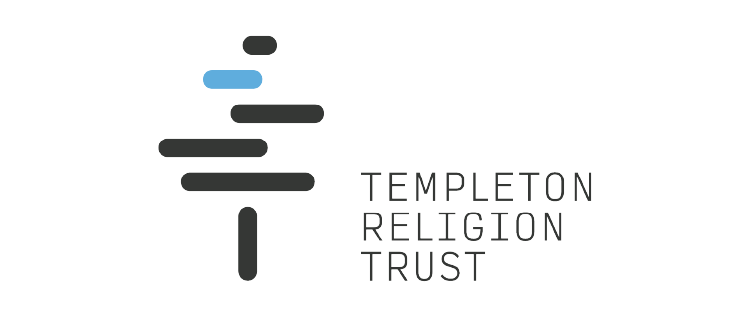
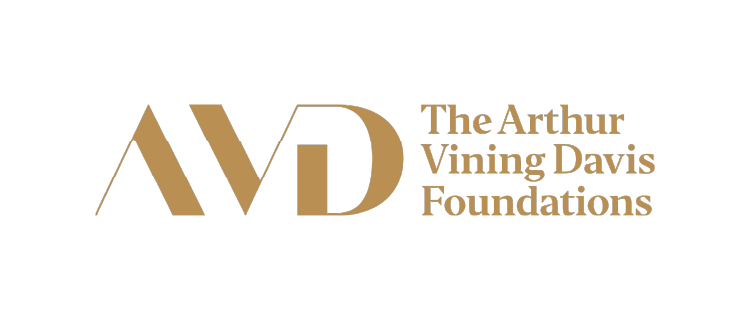

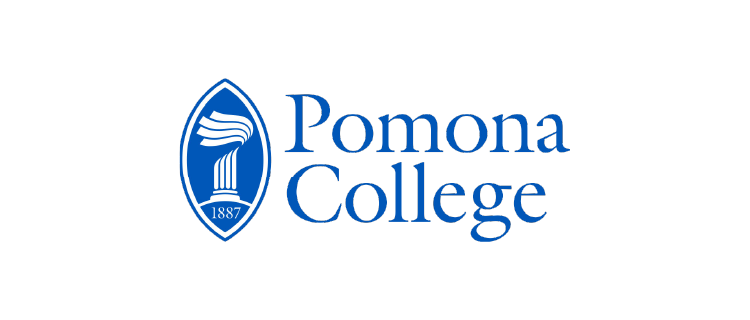
Join the Movement towards Winsome Conviction
If you believe Christians can model a better way of communicating — one rooted in both conviction and compassion — we invite you to join us. Subscribe for updates, explore our resources or attend an upcoming event. Together, we can help transform conversations and communities through the power of Christlike civility.
